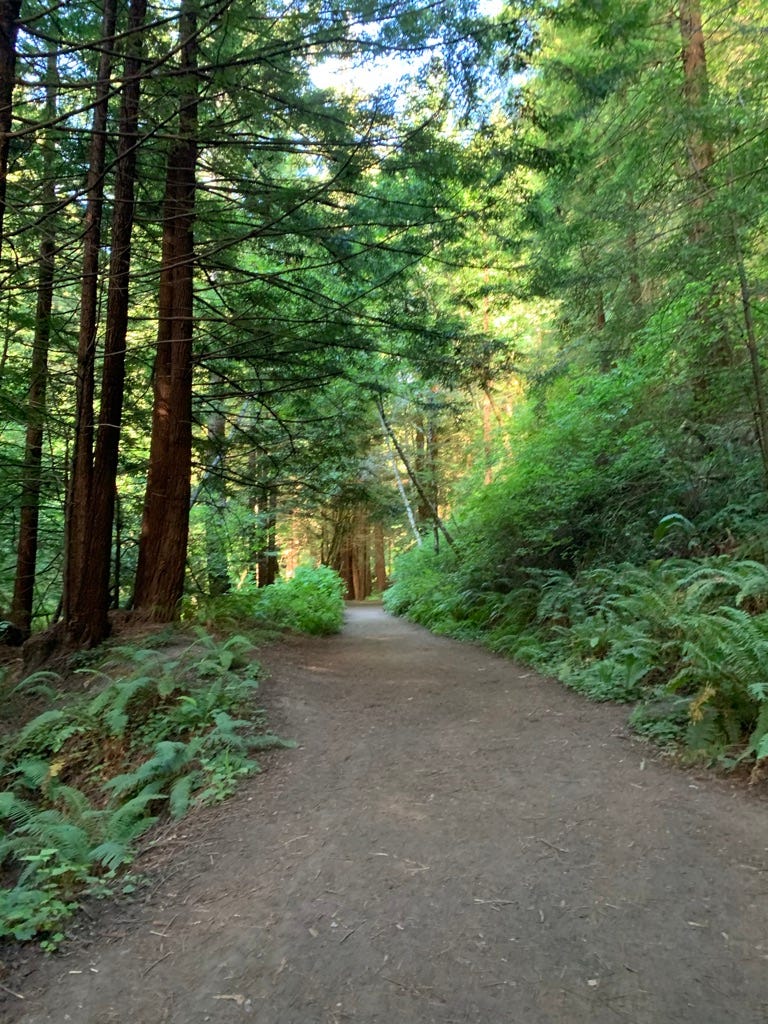Identity Innovation Zone
An interesting trend I’ve observed lately is the return to the pseudonymous digital identity — the alt account (the finsta, the private snap and the alt Twitter account). Reminiscent of a MySpace/SocialNet era, we’ve come back full cycle after experiencing the consequences of permanence and the saturation of modern social network feeds. Signing up for Facebook today is much like going to the DMV as an obligatory ritual for establishing real world identity. In the last decade of social networks we’ve succeeded in connecting with our IRL social graphs online, bringing people from different facets of our life to our single unified profile. However it appears we’ve re-discovered — we have different identities associated with different people in our lives. Having a single feed for the personas we have with family, work colleagues and crazy high school friends tends to either dilute our voice or force us to migrate to new social networks / group chats dedicated to a specific subset of our social graph. The return of the alt signifies that we want pseudonymous identities that allow us to curate our audiences, explore obscure interests and share our minds with greater freedom.

In many cases, presenting our real world identities on social networks can prove to be more of a burden. For instance, an ambitious high school student might like to participate in intellectual forums without revealing her age. An art enthusiast might prefer to share her critiques without revealing she was only educated as a "soulless" business major. Or a small business owner from the South might like to contribute his views to the global political discussion without his livelihood being put at risk. Being able to explore and connect to different communities on the internet shouldn’t come with the baggage of who you are in the real world. ‘Identity hopping’ online should be as seamless as joining a different clique at recess by changing your outfit.
There will always be innovation in social networks as long as profiles get saturated with enough groups of people with whom you need to manage multiple identities. Typically we see this cycle manifest in the form of network migration where people continually move to spaces where they have finer control of their own perception. As platforms get saturated, people continue to move.
The social platform that can adapt to accommodating new identities and its associated audiences will be everlasting. Such a platform would serve as an innovation zone for self-discovery allowing users to spin off new identities and tap into new social graphs while limiting the connection to their real world identity (why im long on twitter, discord and a potential tumblr revival).
What I’ve been consuming recently
The American Press Is Destroying Itself
Personal update
rediscovering that california is more than hipsters and avocado toast



